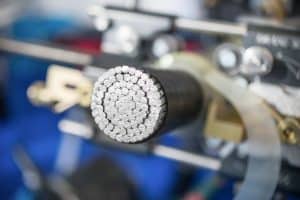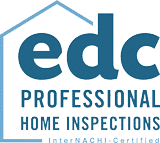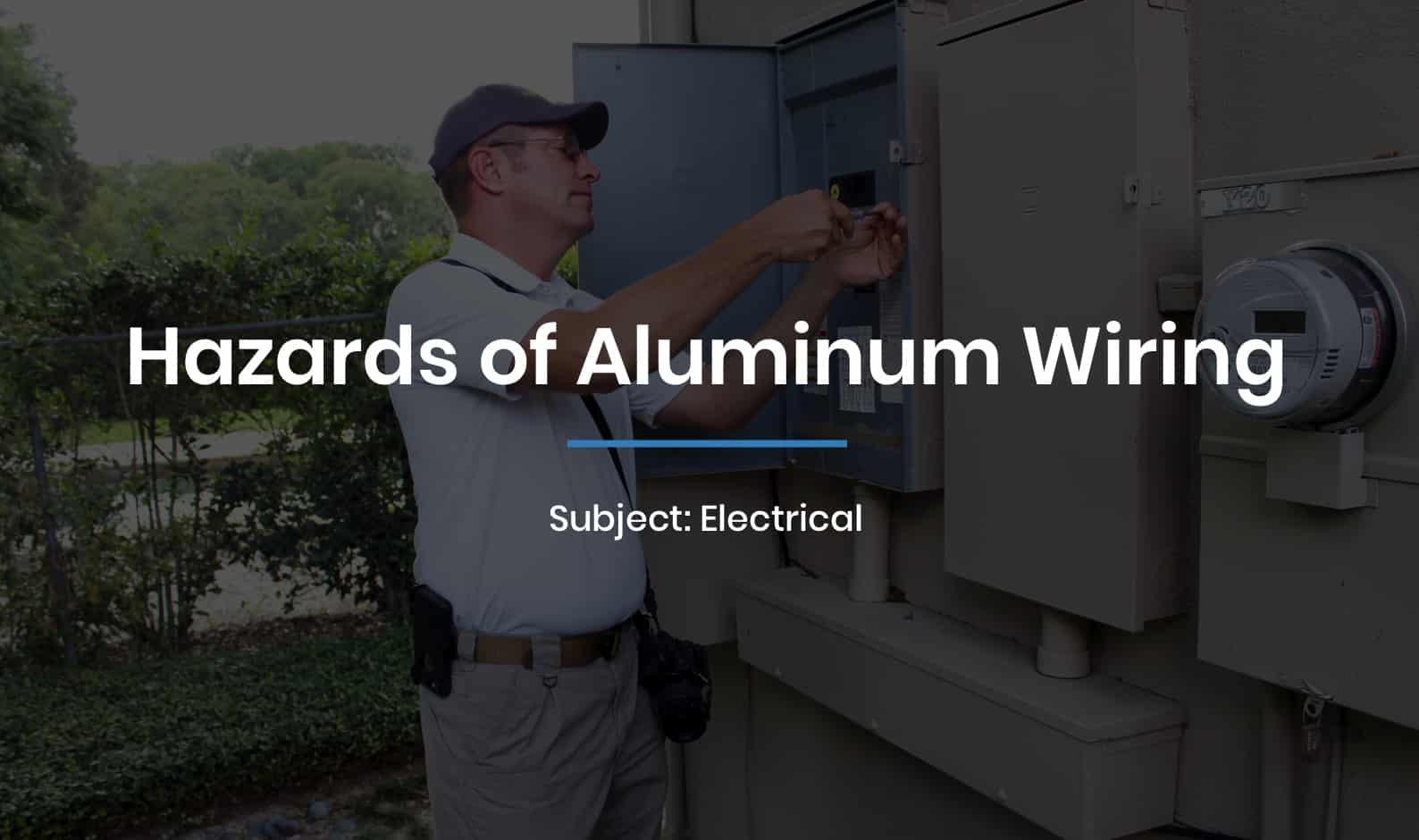In 1945, aluminum was approved to be used in residential wiring. With the demand for copper in the 60’s and 70’s for military use during the Vietnam War, it became hard to access it for homes;
Fire Hazards
In 1974, the Consumer Product Safety Commission released safety recommendations for homes with aluminum wiring. It’s important to recognize that you may be in need of immediate attention if you smell burning plastic, have warm outlet and switch plates, or your lights flicker. If you are not experiencing these issues, there are ways to help solidify the connections again to prevent them from happening in the future.
Problems with Aluminum Wire
Conduction Rate- Aluminum’s conduction rate falls around half that of copper, so it requires substantially more wiring to do the same job.
Malleable– Aluminum is a soft metal and sensitive to pressure, making it easily manipulated. Even routine electrical work can loosen connections because of this, and cause fire hazards. The malleable property also means it has a high creep rate. This is when it expands and contracts due to the temperature changes it goes through during conduction. Unfortunately, this causes both the wire and connections to loosen and increase heat during conduction. Surrounding materials, such as insulation and fixtures, can catch fire because of the temperature and increased susceptibility to sparks.
Oxidation– Aluminum metal is vulnerable to oxidation. This occurs any time the wire is around moisture. Florida, as you probably know, has one of the highest year-round humidity in the US; so, aluminum is not your best bet. As it oxidizes, it loses conductivity. However, when copper oxidizes, the green rust is still conductible.
Do you need an Inspection?
If you are buying a Central Florida home built before 1975, it is a great idea to have your home inspected for aluminum wiring. Call EDC Professional Home Inspections at 407-417-2999 to set up your inspection or contact our Certified Master Inspector online for questions.


